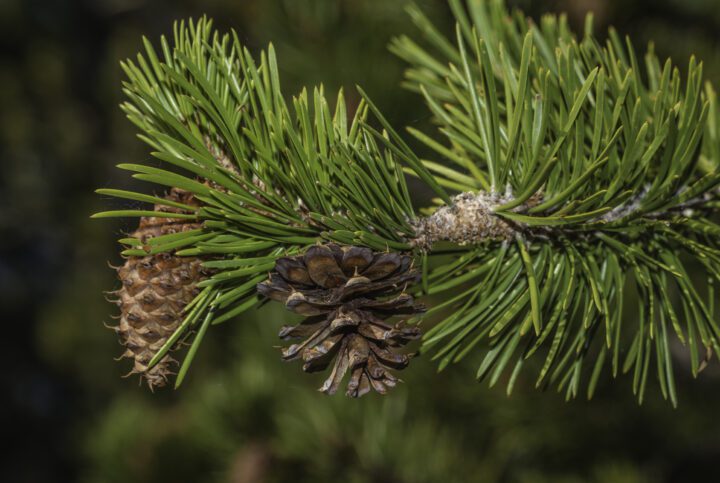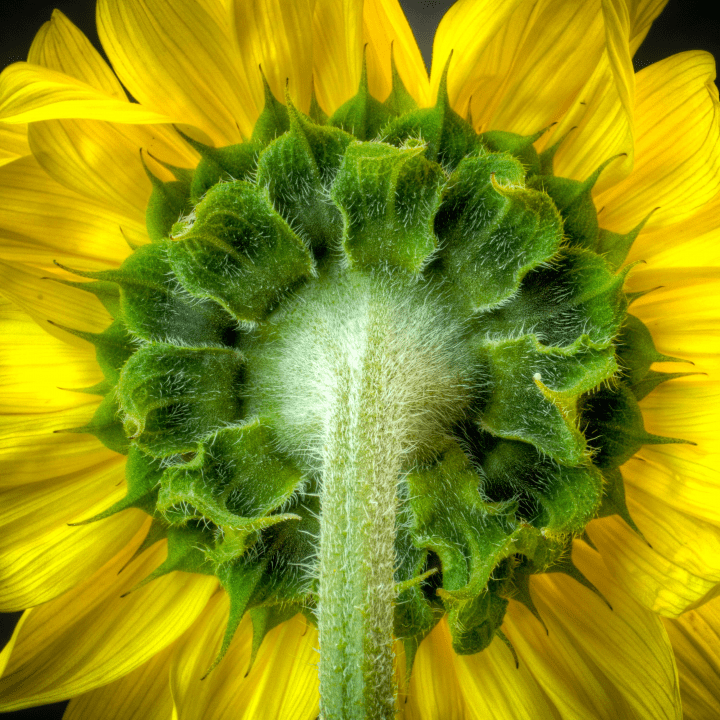The cell walls of vascular plants provide mechanical strength during different stages of growth by adjusting their structural composition.
“Plant cells need to be fully hydrated to work properly (except in periods of dormancy, as for example in many seeds). Individual vegetative cells in plants, unlike those in animals, are encased in a cell wall. The cellulose cell wall may be very thin, in cells that are actively dividing, as for example, in growing shoot or root tips. However, once developed into their mature form, the cell walls may become thicker, and additional substances, mainly lignins, incorporated into their structure. The cells themselves, then, contribute to the mechanical strength of the plant. Thin-walled cells when fully hydrated, are like small, pressurised containers. Mature cells, especially those with thick walls, have mechanical strength of their own, even without watery contents. Indeed, many fibres lack living contents when mature.” (Cutler 2005:98)







